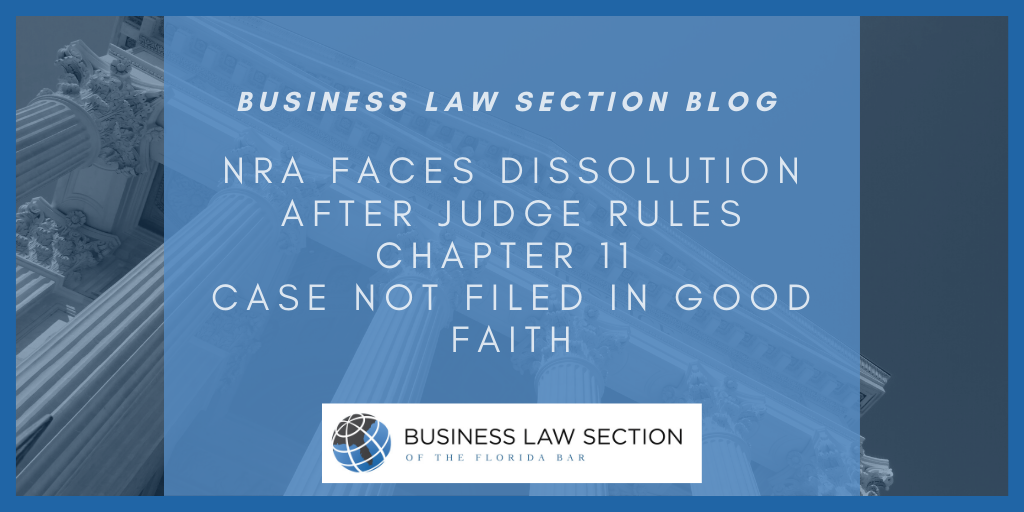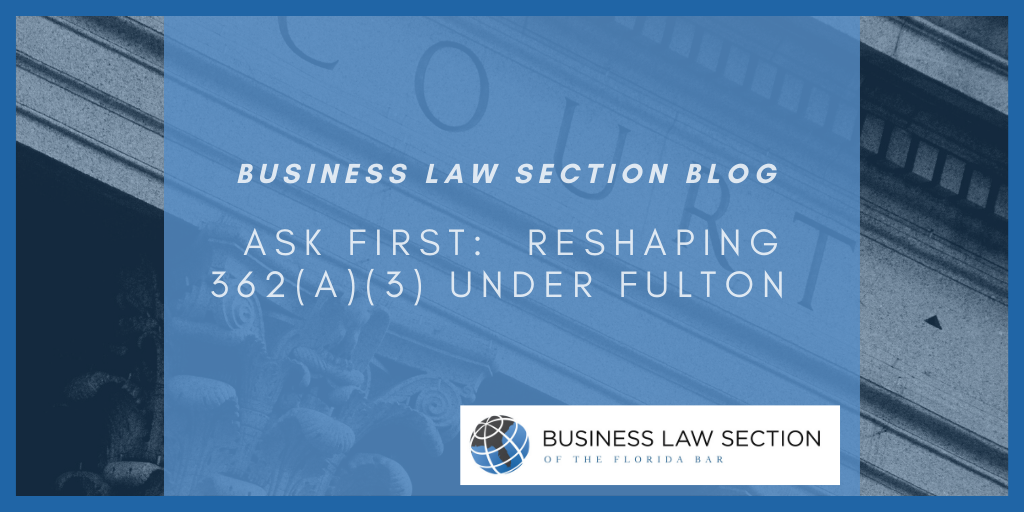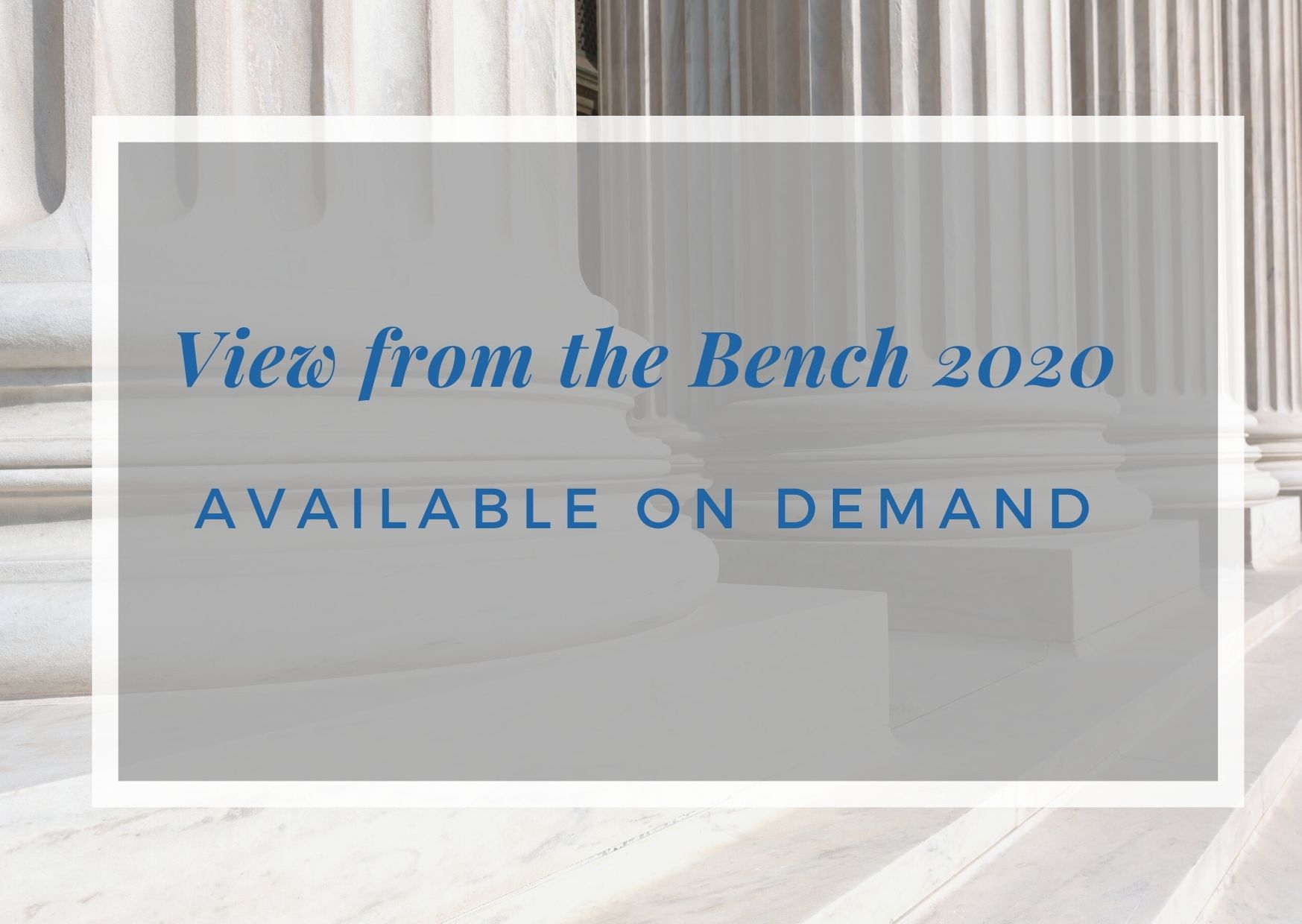By Michelle K. Suarez, Florida Entrepreneur Law
In August of 2020, New York Attorney General Letitia James sued to dissolve the National Rifle Association, the infamous not for profit gun rights advocacy group, accusing the NRA’s CEO, Mr. Wayne LaPierre and other high-level executives of using NRA member funds for improper personal use, which Mr. LaPierre and the NRA deny. Specifically, the lawsuit accuses NRA top officials of self-dealing, mismanagement of funds, and negligent oversight, to the tune of a loss of over $64 million dollars over the course of three years. The suit was brought in New York because the NRA has been domiciled in New York since 1871 and is organized as a 501(c)(4) social welfare organization. To be tax-exempt as a social welfare organization, according to the Internal Revenue Code, an organization must not be organized for profit and must be operated exclusively to promote social welfare. Shortly after James filed the lawsuit, former President Trump stated at a press conference “I think the NRA should move to Texas and lead a very good and beautiful life. And I’ve told them that for a long time” foretelling the NRA’s next move.
Earlier this year in January, just five months after the New York suit was filed, the NRA filed a chapter 11 petition for bankruptcy relief in Dallas, Texas, hoping to rely on the bankruptcy process to restructure its operations and to move its incorporation from New York to Texas. A Chapter 11 plan of reorganization is a comprehensive and detailed agreement between a debtor and all of its creditors and stockholders that provides for, among other things, the discharge of prepetition claims against the debtor, giving the debtor a “fresh start”, treatment of all prepetition and post-petition debt and equity claims against the debtor, terms of any new debt or equity, terms of corporate governance of the reorganized entity, third-parties releases, if any, and settlement or continuation of any litigation by the debtor or its representative. Mr. LaPierre claimed that he filed the petition in Texas because he believed the NRA’s mission would be better received in Texas, even though bankruptcy protection isn’t required for the group to move its incorporation from New York to Texas.
After a trial to determine whether or not the case should continue, which lasted over a week and a half and included 23 witnesses, United States Bankruptcy Judge Harlan Hale opined that the NRA filed the petition solely to evade the New York lawsuit, and that Mr. LaPierre had filed the action without the approval, or even knowledge, of the NRA’s board of directors, chief financial officer or its general counsel. LaPierre testified that he believed filing the bankruptcy petition in Dallas would “level the playing field,” referring to the New York lawsuit. In its filing, the NRA reported $203 million in assets and $153 million in liabilities.
Record evidence presented during the trial brought to light millions of dollars expended on exotic trips, private jets and wedding expenses, all paid for by the NRA. During opening statements, NRA lawyer Greg Garman said that LaPierre did nothing wrong and made the decision to put the group into bankruptcy to avoid New York authorities having it placed in a receivership. In fact, during the trial the NRA said that it had enough money to pay its creditors. Three current and former NRA board members testified in favor of the appointment of an independent examiner to investigate the gun rights organization’s management but said that efforts to dismiss its Chapter 11 bankruptcy would be taking things a step too far. Still, this was not enough to sway Judge Hale, and on Tuesday, May 11th, 2021, Judge Hale ruled that the NRA did not file its petition “in good faith.” He went on to accuse the NRA of filing the Chapter 11 petition “to gain an unfair litigation advantage” and “to avoid a state regulatory scheme.”
The NRA maintains that it will continue to vehemently oppose the New York lawsuit and that it will “continue to fight like [they’ve] done for the last 150 years.” The New York case is being overseen by Justice Joel Cohen of the Manhattan Supreme Court. In response to the ruling, Attorney General Letitia James stated, “The rot runs deep, which is why we will now return to New York courts and continue our case. No one is above the law, not even one of the most powerful lobbying organizations in the country.” While the case is sure to unfold over years of litigation, the NRA for the first time in its history, faces the very real possibility of dissolution.



